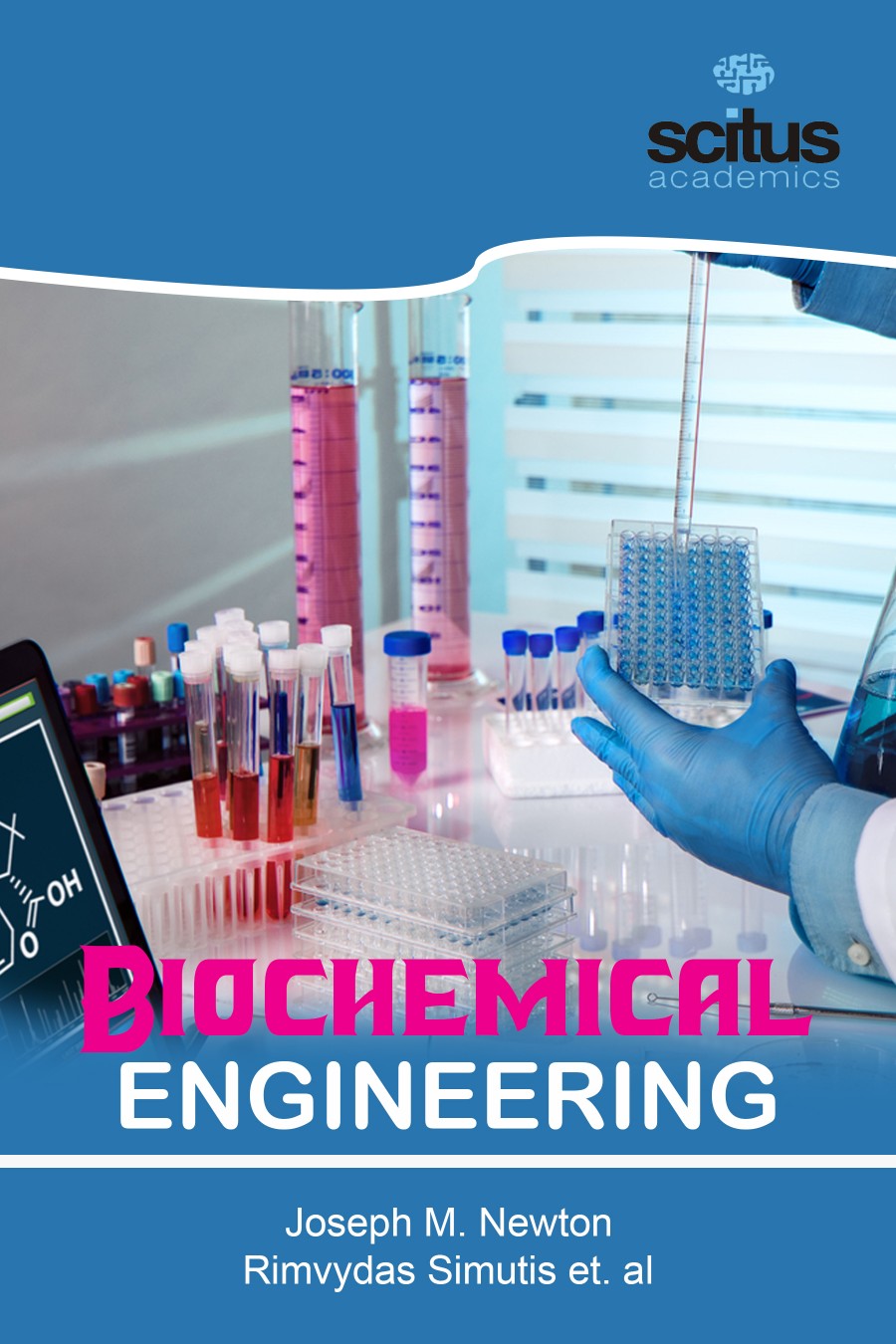A bioprocess is detailed process that uses absolute living cells or their components to obtain desired products. Transport of energy and mass is essential to many biological and environmental processes. Areas, from food processing to thermal design of building to biomedical devices to pollution control and global warming, need knowledge of how energy and mass can be transported through materials.
Biochemical engineering impacts a broad range of industries, including health care, agriculture, food, enzymes, chemicals, waste treatment, and energy. In the past, biochemical engineering has been distinguished from biomedical engineering by its emphasis on biochemistry and microbiology and by the lack of a health care focus. However, now there is growing participation of biochemical engineers in the direct development of health care products. Biochemical engineering has been central to the development of the biotechnology industry, especially with the need to generate prospective products.
The monitoring and control of processes is of key importance in all industries. Effective methods of monitoring are required to develop, optimize, and maintain processes at a maximum efficiency and desired product quality Biotechnology processes are utilized to produce a huge variety of products, such as primary and secondary metabolites, cells, tissues, vaccines, and therapeutic proteins. Different host cell systems are used in the modern biotechnology, for example, bacterial cells, plant cells, and eukaryotic cells, with specific requirements for bioreactor design, media composition, and process control. The production of recombinant proteins and antibodies, chiefly, has become a major source of revenue during the past 30 years, which are typically produced by genetically engineered mammalian cells.
Biochemical Engineering is intended to cover comprehensive coverage on chemical engineering aspects of the development of biological processes associated with everything from raw materials preparation to product recovery relevant to industries as diverse as medical/healthcare, industrial biotechnology, and environmental biotechnology. It covers fundamental research relevant to the design, application, detection, and environmental health impacts of chemical products. Depending upon the growing conditions, microalgae can produce biocompounds that are easily converted into biofuels. The biofuels from microalgae are an alternative that can keep the development of human activity in harmony with the environment. This book also presents the main biofuels that can be derived from microalgae. The book covers a wide range of topics contributed from researchers at all levels and from all over the world valuable to students and practitioners as well.













